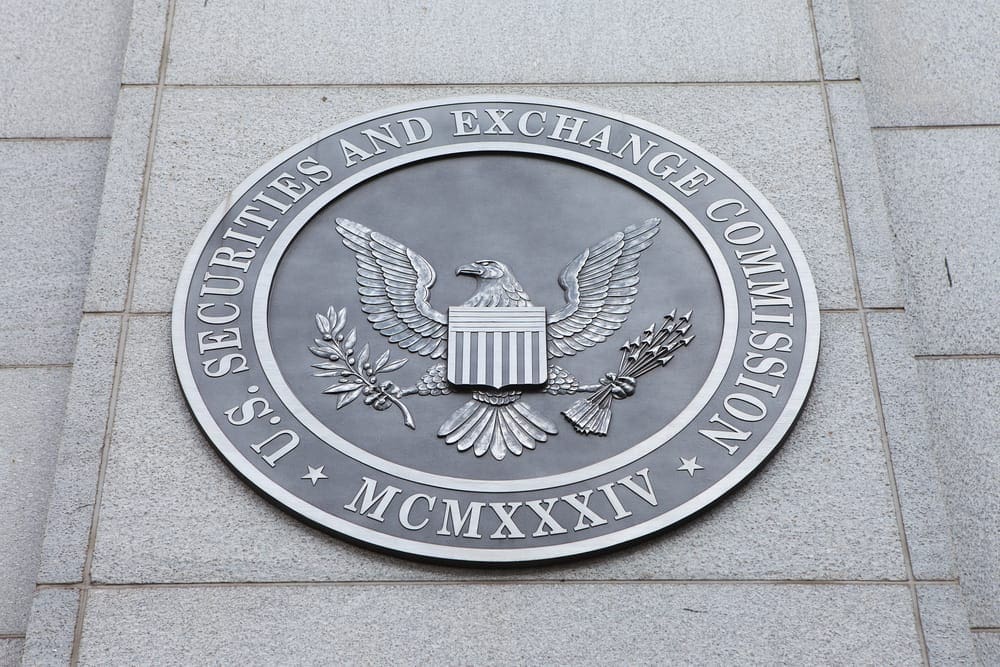The U.S. Securities and Exchange Commission (SEC) continues its fight against the largely unregulated crypto scene. The U.S. regulator sees many tokens as securities requiring registration and filed a complaint against the Dragonchain crypto scheme and its crypto asset, Dragon (DRGN). The SEC considers the Dragon to be a security, and, consequently, its issuance should have been registered with the SEC. Critics counter that the SEC has failed to issue clear regulatory rules for the crypto scene but rather acts via enforcement actions.
Shoehorning Technology Into Security Laws?
Before the SEC complaint, Dragonchain published a response to the SEC. Its founder and CEO John J Roets a/k/a Joe Roets pledged “to provide our clear argument for existence and demonstrate that the commission should not charge any of these parties with intentional or unintentional violation of U.S. securities laws … Many in the industry have had similar experiences and as a result have the impression that the SEC is picking and choosing projects to target, often singling out the ones with the biggest opportunity to disrupt incumbent interests, while giving a free pass to others … The commission is trying to shoehorn software technology into incompatible securities law from the 1930s.“
The SEC Complaint
The SEC charged John J Roets and three entities he controls, Dragonchain Inc., Dragonchain Foundation, and The Dragon Company, for their roles in raising $16.5 million via the issuance of the crypto token Dragon (DRGN), which the SEC deems as an unregistered crypto asset securities offerings. According to the SEC, the unregistered offering of Dragon tokens (“DRGN”) was conducted in two phases:
- a discounted “presale” in August 2017 to members of a crypto investment club, and
- an Initial Coin Offering (“ICO”) in October and November 2017 marketed predominately to crypto investors. Through this offering, the defendants allegedly raised approximately $14 million from approximately 5,000 investors worldwide, including in the U.S.
The SEC complaint alleges that the defendants marketed the offering to crypto investors, and their personnel and agents publicly discussed DRGN’s investment value, pricing, and “listing” on trading platforms, among other things. Between 2019 and 2022, Joe Roets, Dragonchain, the Foundation, and TDC allegedly offered and sold approximately $2.5 million worth of DRGNs to cover business expenditures to further develop and market Dragonchain technology. Part of the offering occurred after a state regulator found DRGNs to be securities.
Share Information & Optionions
If you have information or opinions about the Dragenchain case, please share them with us through our whistleblower system, Whistle42.
